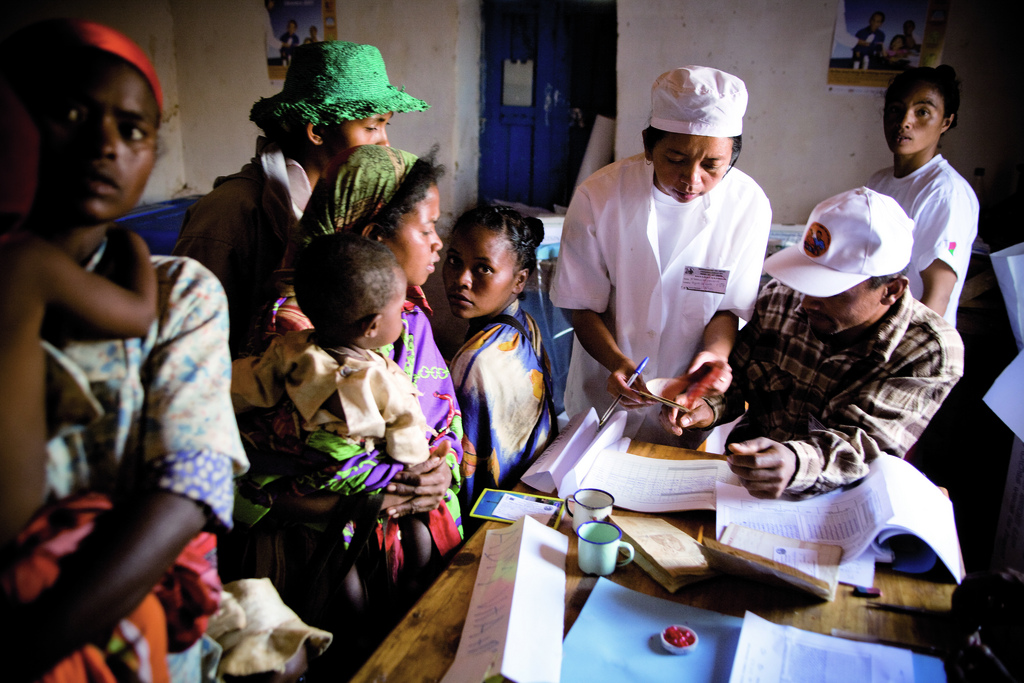Leaders Dr Sheila Ogoma CHAI, Kenya Dr Allison Tatarsky University of California, USA |
Working Group Secretariat Dr Konstantina Boutsika Swiss TPH |
Next meeting: 5th Meeting of New Tools, New Challenges Work Stream
Vector control has been the single biggest contributor to the extensive gains accrued against malaria since 2000, but these efforts are evidently reaching their limits, and will unlikely be adequate for malaria elimination. This work stream on “New Tools and New Challenges”, primarily examines the limitations of our current approaches to malaria vector control, but we also evaluate the potential of various new tools and strategies, which may effectively complement current best practices across different settings. This work stream will build on the previous Outdoor/Residual Transmission work stream activities which included establishing regional networks, developing guidelines for and estimating the risk attributed to residual transmission across endemic settings. Moving forward, a key message remains that universal coverage of indoor interventions such as long-lasting insecticide-treated nets (LLINs) and/or indoor residual spraying (IRS) remain a priority and all other methods are supplementary in reducing malaria and achieving elimination. However, there remains a need to generate local evidence on the magnitude of outdoor/residual transmission and industry and others are encouraged to develop new vector control tools to address residual transmission.
Workplan
New Tools, New Challenges in Vector Control Work stream Workplan 2020
